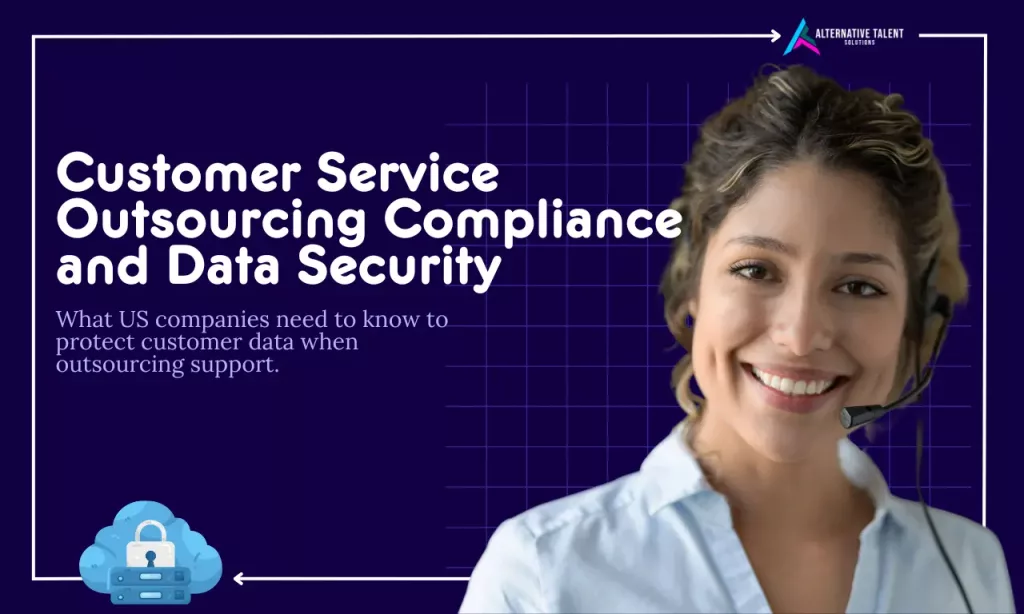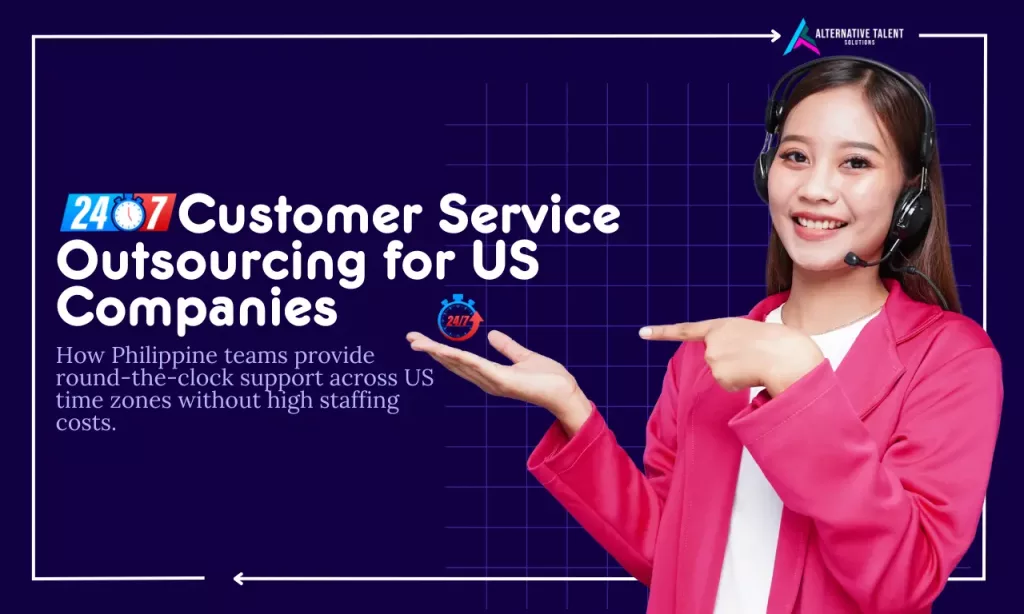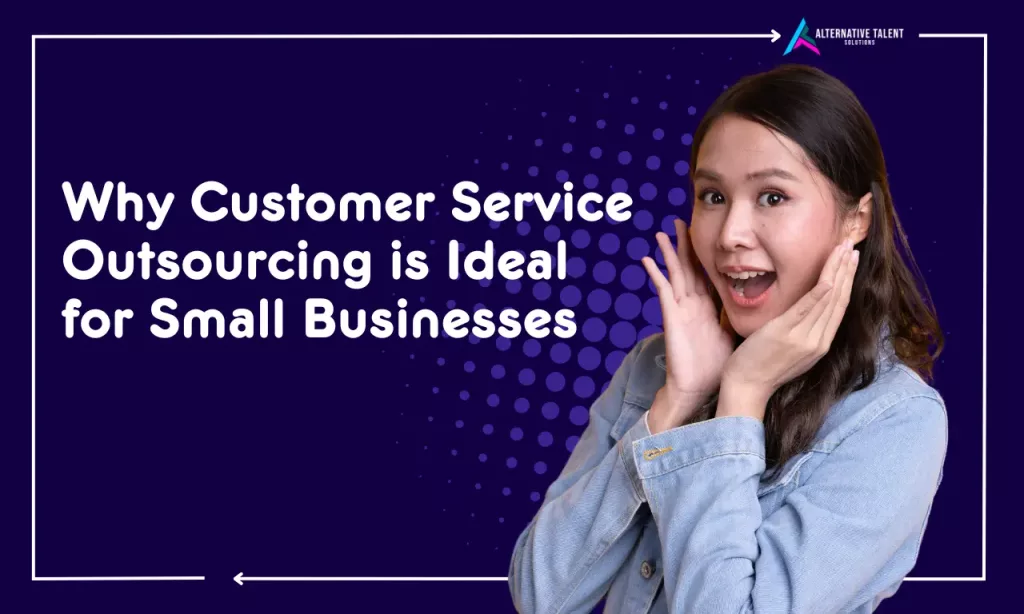Outsourcing your customer support can save you money, streamline operations, and significantly boost customer satisfaction. But before you make this move, it’s important to understand exactly what you’re getting into. Here’s a real, practical look at the key considerations every business owner should keep in mind before outsourcing customer support.
1. Know Your Reasons for Outsourcing Customer Support
First things first: why exactly do you want to outsource your customer support? Businesses usually have several reasons:
- Reducing costs: Outsourcing customer support can lower operating costs, freeing up resources for other important parts of your business.
- Better customer service: Specialized outsourcing companies have well-trained staff dedicated to excellent customer interactions.
- 24/7 availability: If your customers are global, outsourced support can help you provide service at all times without the hassle of managing shifts yourself.
- Access to better tools and technology: Outsourced providers typically have access to advanced software, tools, and training that small businesses might not afford internally.
Knowing your goals clearly helps you find the right partner and measure their performance effectively.
2. Choose Providers Based on Real Experience
Not all outsourcing providers are created equal. When considering options, think practically about:
- Industry-specific knowledge: Choose a provider familiar with your industry. They’ll already understand your customer expectations and common issues.
- Support channels: Match your customer service channels—like email, phone, or live chat—with a provider experienced in these areas.
- Tech compatibility: The provider should easily integrate with the tools and software you’re already using, ensuring a smooth transition.
Doing this homework upfront makes your customer support more effective and less stressful.
3. Be Clear on the Real Costs
Don’t get caught by surprise fees. Outsourcing agreements sometimes hide additional costs, such as:
- Setup and training expenses: Initial setup can require investments in onboarding and integrating systems.
- Overtime charges: Costs can increase if you need extra hours or additional services beyond the initial agreement.
- Management fees: Regular fees for supervising the outsourced team.
- Quality assurance costs: Continuous training and monitoring usually come at an additional cost.
Being transparent from the start ensures you won’t run into unexpected expenses.
4. Make Sure Your Data Is Safe
Protecting customer data is critical for your reputation and trust. Make sure your provider:
- Follows international standards: Adherence to data protection regulations like GDPR or HIPAA is essential.
- Uses robust encryption methods: Check that data is properly encrypted to prevent security breaches.
- Has regular security audits: Providers should regularly test and improve their security systems.
- Clear breach policies: Make sure they have an effective plan for handling potential data breaches quickly and transparently.
Taking these precautions prevents damaging security breaches.
5. Quality Matters More Than Ever
When outsourcing customer support, maintaining high quality is essential. Your provider should have clear commitments around:
- Ongoing training programs: Customer support teams should be continuously trained on your products or services.
- Performance tracking: Regular evaluations and feedback loops should be in place to continually improve service quality.
- Clear and consistent reporting: Providers should offer transparent reports on how effectively they’re handling your customers’ inquiries.
Quality support drives customer loyalty and protects your brand reputation.
6. Cultural Fit and Language Proficiency
Customers prefer interactions that feel genuine and comfortable. Ensure your provider has:
- Fluent language skills: Make sure the provider’s agents speak your customers’ language clearly and naturally.
- Cultural sensitivity: They should understand your customers’ cultural contexts to avoid misunderstandings or poor interactions.
- Demonstrable quality: Test interactions or trial periods help verify language skills and cultural alignment before committing fully.
Good cultural fit improves customer satisfaction and brand loyalty.
7. Keep Flexibility and Scalability in Mind
Businesses evolve, and your customer support needs will change over time. Your outsourcing partner should be able to:
- Scale easily: Adjust the size of your outsourced team as your business grows or shrinks.
- Offer flexible contracts: Agreements that allow easy adjustments without significant penalties.
- Quickly respond to changes: Providers should quickly adapt to changing business needs or market conditions.
Flexibility ensures your customer support stays aligned with your business goals.
8. Transparency and Open Communication
Clear communication is critical for successful outsourcing. Make sure your provider agrees to:
- Regular, detailed updates: Frequent updates about performance and issues help you stay informed and in control.
- Defined reporting structure: A clear structure for reporting and handling concerns is essential for quick resolutions.
- Clear escalation procedures: Make sure there’s a straightforward process for handling urgent or important customer issues.
Effective communication prevents misunderstandings and maintains smooth operations.
9. Long-Term Partnership Potential
Consider outsourcing providers who want to build lasting relationships. You should look at:
- Financial stability and good reputation: A financially sound provider offers reliability and less risk.
- Positive client references: Checking references gives real insights into what it’s like working with the provider.
- Dedication to innovation: Providers that consistently invest in new technologies and processes can help your business stay ahead of the competition.
Choosing a long-term partner ensures your support remains consistent and effective over time.
10. Always Have an Exit Plan
Finally, plan for the possibility that you may need to end the relationship someday. Clearly define:
- Transition processes: Detailed plans for smoothly bringing services back in-house or moving to another provider.
- Data transfer methods: Safe, secure, and straightforward ways to transfer your data.
- Clear termination terms: Clearly outlined exit terms prevent disputes and minimize disruption to your business.
A solid exit strategy protects your business continuity, no matter what happens.
Conclusion
Outsourcing customer support can truly transform your business if done right. By clearly defining your goals, thoroughly vetting providers, understanding all customer service outsourcing costs, ensuring data security, maintaining high-quality service, ensuring cultural and language alignment, prioritizing flexibility, establishing transparent communication, assessing long-term viability, and having a clear exit strategy, you set your business up for successful customer support outsourcing. With careful planning, your business can benefit significantly from an effective outsourcing partnership.
Ready to Elevate Your Customer Experience?
Partner with ATS Today—Cut Costs, Boost Satisfaction, and Grow Your Business with Our Expert Customer Support Solutions!













